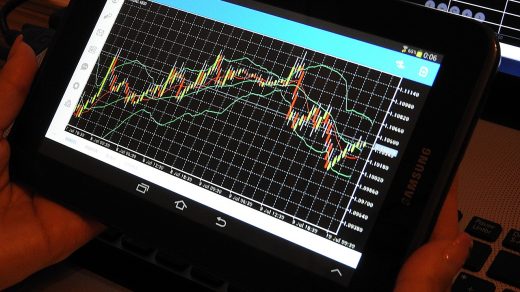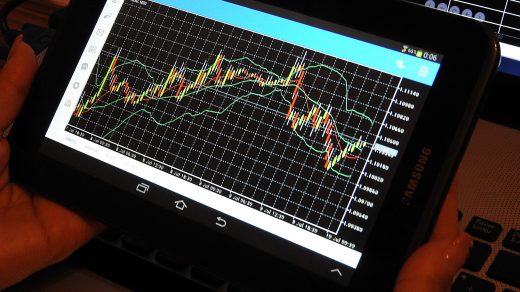What are CFDs?
CFDs are popular financial instruments that make up part of a trader’s portfolio. However, it may be challenging for beginners in the market to comprehend all of the benefits and drawbacks of investing in and trading CFDs.
What is CFD Trading?
So, what exactly is the significance of this contract? Profit and loss are determined by comparing the difference in price between when a contract is started and when it’s finished.
The difference between the contract price and the market price at the end of the contract is paid by the broker – or “seller” – who enters into this agreement with you. The trader, the “buyer,” will reimburse the broker if a profit is made.
The difference between the price at which you enter and when you exit, multiplied by your number of CFD units, is the key calculation to figure out your profit or loss. CFDs are available in a variety of markets.
Benefits of CFDs
The most significant benefit of CFDs over other forms of trading is their leverage abilities. They can provide up to 20x leverage on short-term contracts, meaning they only need to put down 1/20th of the total value of the position to open it. This means that you can make significant gains with relatively small moves in prices, making it much easier to capitalize on market movements with tight stop losses (explained later).
More benefits:
- The expiration date for this membership does not need to be changed.
- It may be used as a hedging strategy.
- Trade on both rising and falling markets at the same time by enabling a trader to do so.
- Traders who make markets in underlying assets gain the ability to go long and short on them.
- Offer a wide range of trading possibilities. A trader may use the same trading platform to access various markets such as commodities, currencies, shares, and indices.
- Provide a more significant opportunity for profit. CFD dealers typically provide CFDs with higher leverage than other conventional financial products.
- Traders will enjoy many of the savings associated with conventional trading while avoiding many of the costs.
CFD Margin and Leverage
Trading CFDs necessitates the usage of margin and leverage. One of the primary benefits of CFD trading is that you only need to put down a minor amount of money for the whole trade.
Caveats in using CFDs
Due to these benefits, there are some caveats in using CFDs to stay in the good graces of the FCA (Financial Conduct Authority). There is a rule that states spread betting companies cannot pay out a commission on their earnings; they must reinvest it. This means that if you win with your CFD, you’ll need to pay commission on any profit made (20% for stock assets and 13% for currency assets), but if you lose with your CFD, your losses can offset your commission fees for up to 9 months. This creates a very safe and highly smooth trading experience.
The other major caveat is that the FCA regulates how much leverage you can use. With spread betting companies, you can only use 2:1 leverage (meaning your position only needs 1/2 of the total value to open it). With CFD providers, on the other hand, there are no limitations on how much you want to use. If you want 100:1 leverage (which would mean a £1,000 trade would require an investment of only £10), go right ahead – but expect such high-leverage trades to be extremely risky and volatile!
Opening and closing trades in CFD products are subject to a spread charge. As a consequence, it may be more challenging to achieve tiny gains. Trading CFDs is a complex activity that you should not do without a thorough risk management plan.



